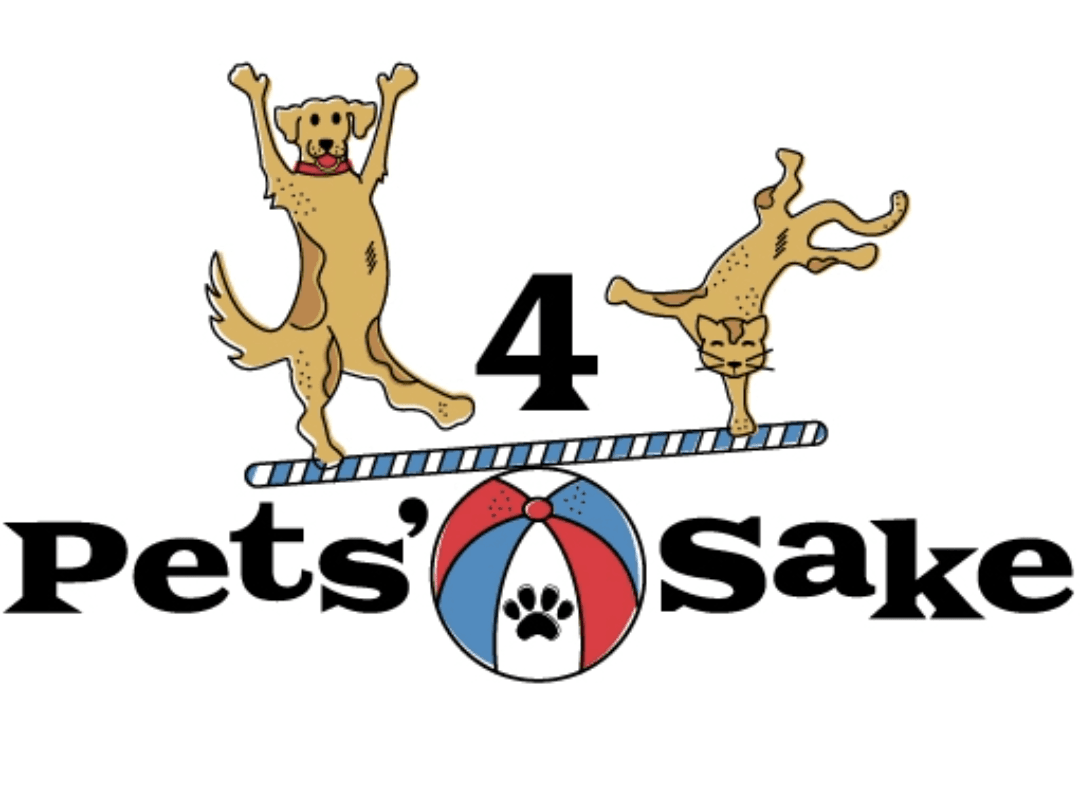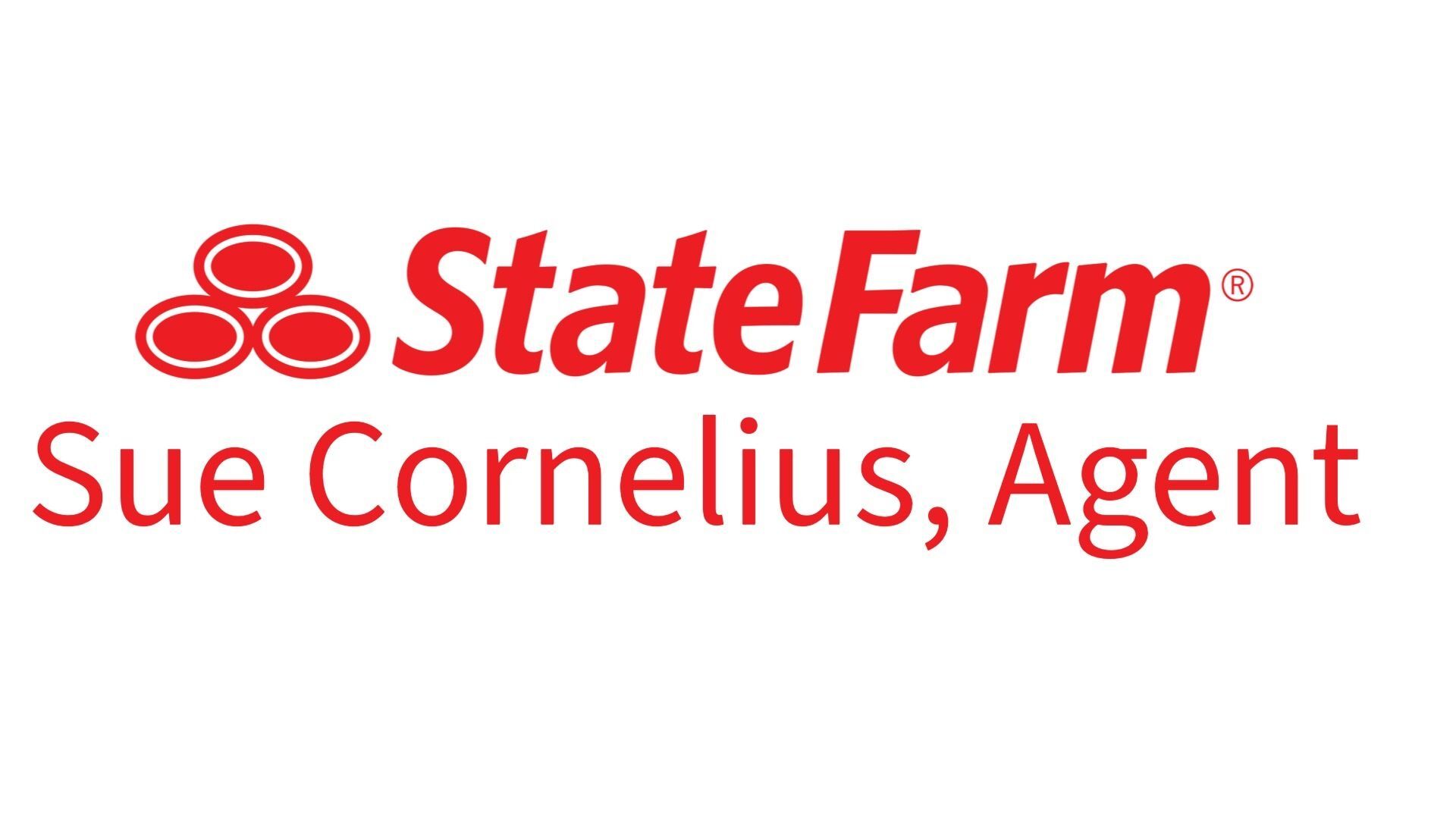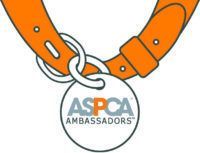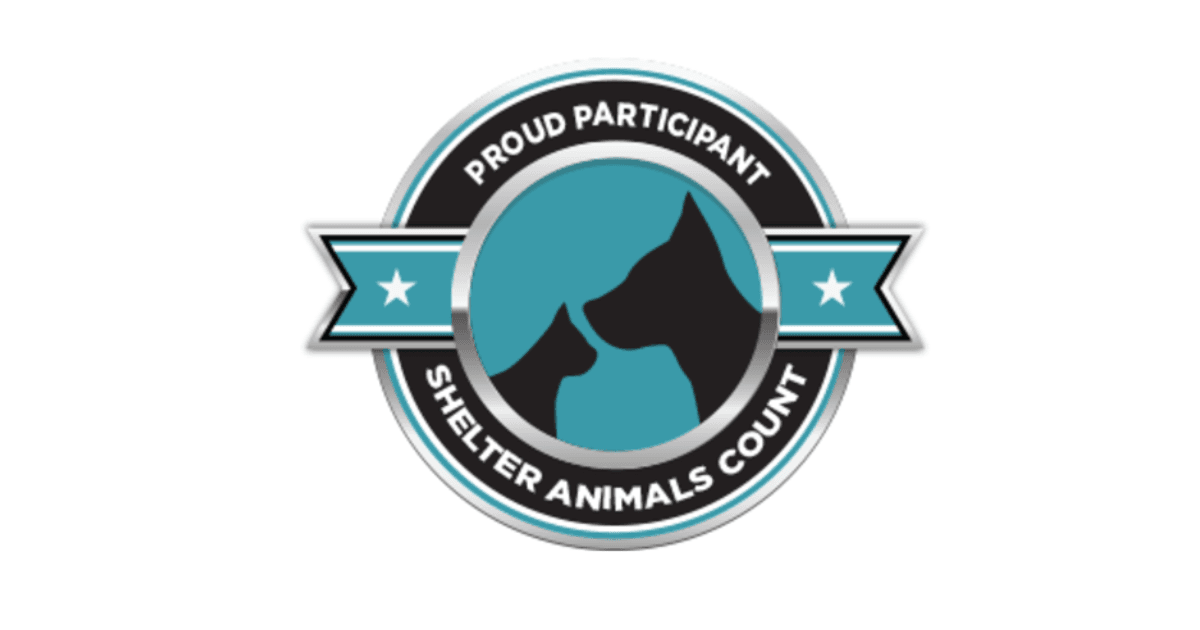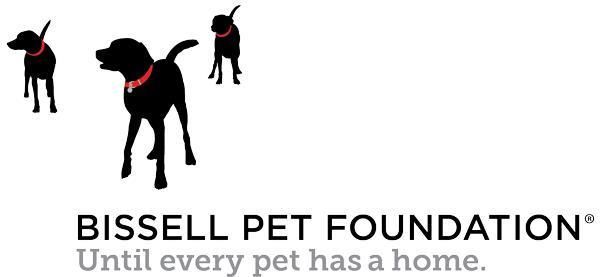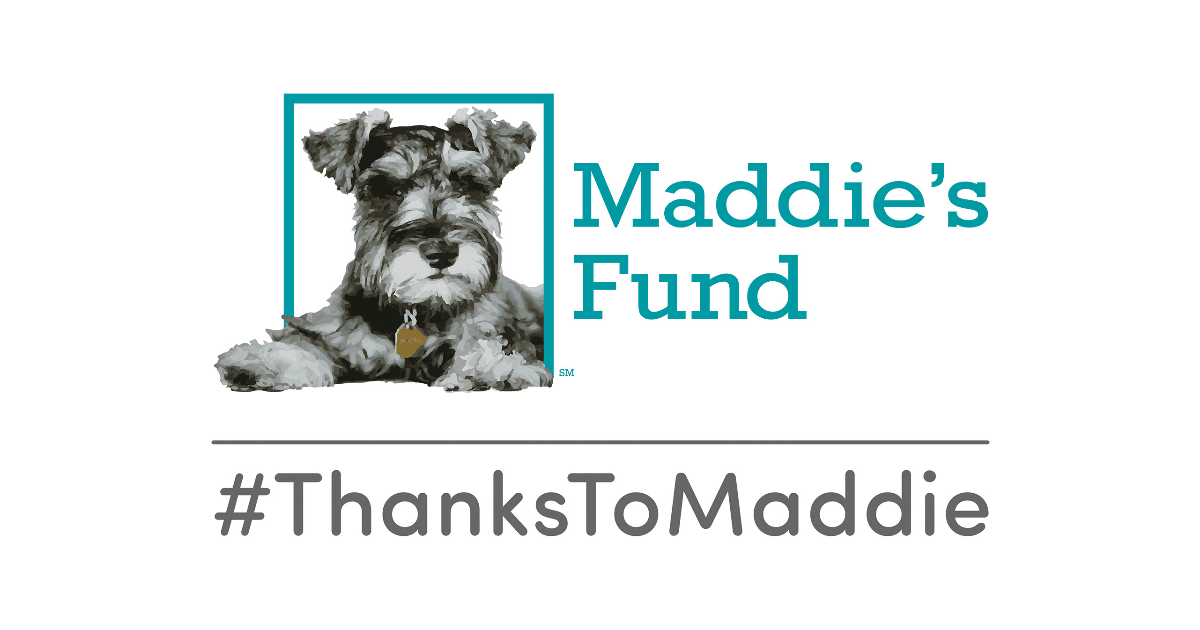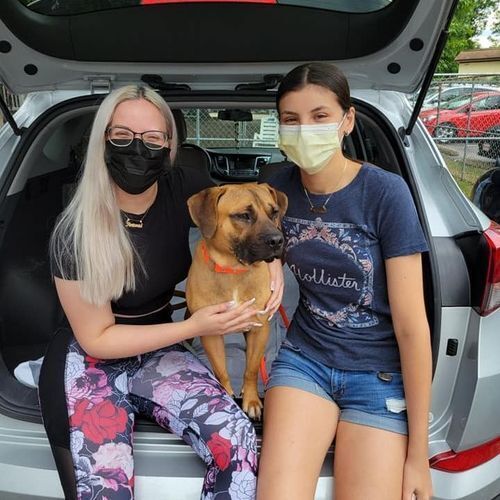
When adopting a dog, there are some steps to take to ensure a smooth transition.
Before your new dog arrives home, plan a family meeting of all household members. A dog is a big commitment, so before you take the plunge, make sure you’re all together on wanting this newest member of the family. Then, discuss which family member is going to take care of which tasks for the new pet. Some examples of important tasks include feedings, water, walks, recreation time, grooming, and vet visits. To avoid confusing the pup, hammer out the house rules ahead of time. Will the dog be sleeping on a dog bed or someone else's bed? Will the dog be eating in the kitchen or another room? Is the dog allowed on the furniture or not? How often will the dog be walked, and who will be walking the dog? What will be the bathroom schedule, and will this include a walk, a dog door, or being let out in a gated area?
Stock up on the right supplies. Buy some of the basics ahead of time, so you and your dog can settle in without too many mad dashes to the store. Here’s what you might need:
- Collar and leash
- Metal crate for crate training and surprise guests, such as the maintenance person
- Food and water dishes
- Treats for training
- Similar food to what they were eating as well as the desired diet to mix during transition
- Pet bed
- Toys for physical and mental recreation
- Possibly baby gates if you need to block off part of the house
Prepare your house. This requires a little more work if you’re getting a puppy, since they can be champion chewers and have a knack for getting into things they shouldn’t. But no matter what your dog’s age, you’ll want to do some organizing ahead of time.
Create a temporary, gated-off living space for your dog or pup, where they can’t damage your belongings or eat something that will make them sick. They will stay in this area whenever you’re not with them to prevent them from having house training accidents. Pick a room that’s a center of activity in your household, so your dog won’t feel isolated, and be sure it’s one with easy-to-clean floors. The kitchen is often a good choice; you can block it off with baby gates if needed. Make sure you remove anything that you don’t want chewed on or soiled.
What is in your dog’s area will vary a bit depending on their age and how you are house training.
Pet-proof the house to make sure anything that could hurt your dog is out of reach, such as medicines, chemicals, and certain plants.
Find training. Group obedience classes are great for bonding with your new dog and for learning how to communicate with and train your dog. Most of a dog's behavior is dependent upon the owner. They’re especially recommended for young puppies since training gives pups a chance to get comfortable being around other canines as well as people. This is a key part of raising a safe, friendly dog.
Dog training is not regulated by any organization, so you’ll want to do a little research to make sure you’ve found the right class and teacher.
Plan the trip home. Find a helper, such as one of the house members, to come along when you go to pick up your dog. Young puppies who have never been on a car ride before may get rattled, and even adult dogs can get nervous during the car ride. Ask someone to sit next to your dog on the ride home, soothing him and keeping him from hopping into your lap while you’re driving.
If your new dog is accustomed to a crate, you can stash him in the crate for the ride home. Just make sure it is secured; sliding around the backseat will make the drive more stressful.
Once your dog is home, keep it pleasant but low-key at first. For a shy puppy or dog, being taken to a new place and deluged with lots of loud, lively strangers can be overwhelming. For the first day or two, keep the mood mellow and calm, while finding your new routine with your dog. Take walks around your neighborhood to get your dog familiar with its’ new environment. As exciting as it might be, allow your dog the time it needs to decompress and become accustomed to their new home.
Introduce your dog to his crate. Crates are the best way to house train while keeping your dog and house safe, but most dogs need a little time to warm up to them. This isn’t hard to do; you just need to know how to introduce your dog or pup to their crate. Dogs are natural den animals, and when introduced properly, the crate can be a very secure environment for your new friend. Reinforce the crate by providing a tasty treat once your dog goes into the crate.
Start your training. The earlier you start, the faster and easier it will be to teach good manners, and the better the lessons will stick. The two most important lessons to teach your dog are house training, showing your dog where they need to go to relieve themselves with an accompanying treat, and socialization with other people and dogs.
Set up a routine. A routine helps with house training and is reassuring to your dog. Figure out a schedule for walks, meals, bathroom breaks, and exercise. Make sure to pick a schedule that you can stick to, giving your dog predictability and the best possible opportunity to adapt to how your routines.
Find a vet. It’s especially important for a dog’s first vet visit to be a pleasant experience so that your dog learns to take trips to the vet in stride. Ask around for referrals and schedule your first appointment. Your dog will need a check-up and possibly some vaccinations.
Bottom line: Your dog’s first few weeks at home will likely be a period of huge adjustment for all of you. You can make the transition much easier if you prepare your home in advance and set up a routine right away.
We love updates on our alumni and cannot wait for pictures and stories!


